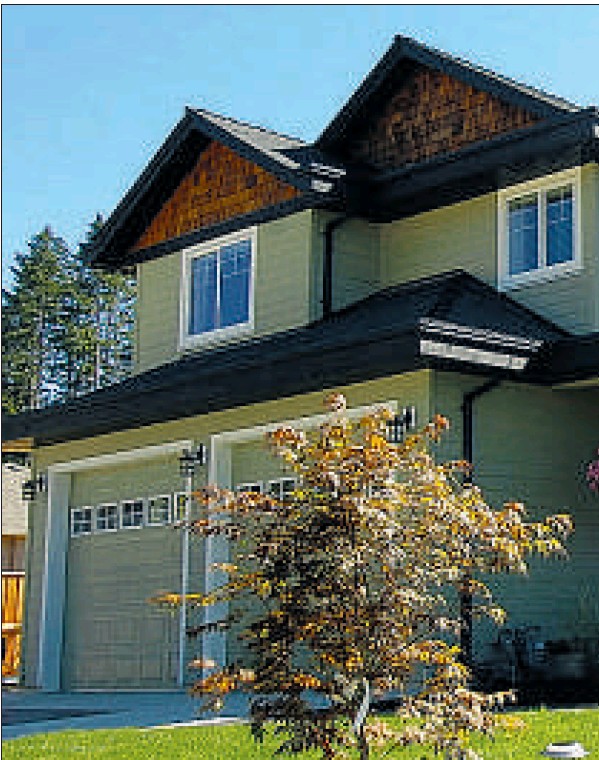Gillian Shaw
Sun

Archos 9 PC Tablet, Archos

Grace Aqua Sounders Floating Speaker System
Archos 9 PC Tablet, Archos, price not announced
Look for this new tablet PC to start shipping after school starts this fall. A skinny minnie at a mere 1.6 cm (0 .63 inches) in thickness, weighing 0.6 kilograms (22.29 ounces). The touch screen is a nine-inch one, not much bigger than the smallest netbook screens and it has a virtual soft keyboard. Archos bills it as “the power of a netbook in a tablet.” It’s a Windows machine, running on the Microsoft Windows 7 operating system and comes with Microsoft Office, Web TV and Radio, video conference, photo and movie editing and other apps. WiFi 802.11b/g connection, Bluetooth 2.1 and an 80 GB hard drive. No answer from Archos on my request for Canadian pricing but is expected to be around $630 US when it is released in September or October. www.archos.com.
BM-IB netbook/notebook sleeves, Elecom, price not announced
I recently heard a story from the owner of a brand new netbook who watched in horror as it fell on the floor. Not that I’d recommend doing that even with a case but sliding your netbook into one of Elecom’s new protective sleeves that come with a handle could help avoid those mishaps. It also has space for accessories like an AC adapter and USB memory sticks, items that usually disappear in the bottom of my cavernous carry bag and take ages to unearth. Zipper closing allows you to fully open the case so you can use your computer while it’s still in the sleeve. In four models to fit most netbook PCs, mobile PC and notebook computers.
www.elecom.co.jp/global/
Grace Aqua Sounders Floating Speaker System,
Grace Digital Audio, $150 Cdn
These floating speakers look so cool I’m ready to build a pool to go around them. Or a Jacuzzi. Waterproof — of course, though you’re not supposed to submerse them for more than 30 seconds; specs give a range of six to 10 hours of listening with batteries that you buy separately; a 46-metre listening range and system that is expandable to add more speakers if your pool is truly Olympic size. www.gracedigitalaudio.com/
World Travel Adapter Kit, Apple, $50 Cdn
Summer travel can send you scrambling to find the right adapters and plugs to keep your gadgets powered up wherever you go. My quest to keep an iPhone, iPod and MacBook operating around the world turned up this kit that could also come in handy at home. The AC plugs work for outlets in North America, Japan, China, the United Kingdom, continental Europe, Korea, Australia and Hong Kong. It comes with a USB power adapter, USB cable and six AC plugs and works with iPods, iPhones, Apple MagSafe power adapters, portable power adapters, and AirPort Express. May seem a bit pricey but it’s a better deal that buying some of these items separately from Apple. www.apple.com.
© Copyright (c) The Vancouver Sun





